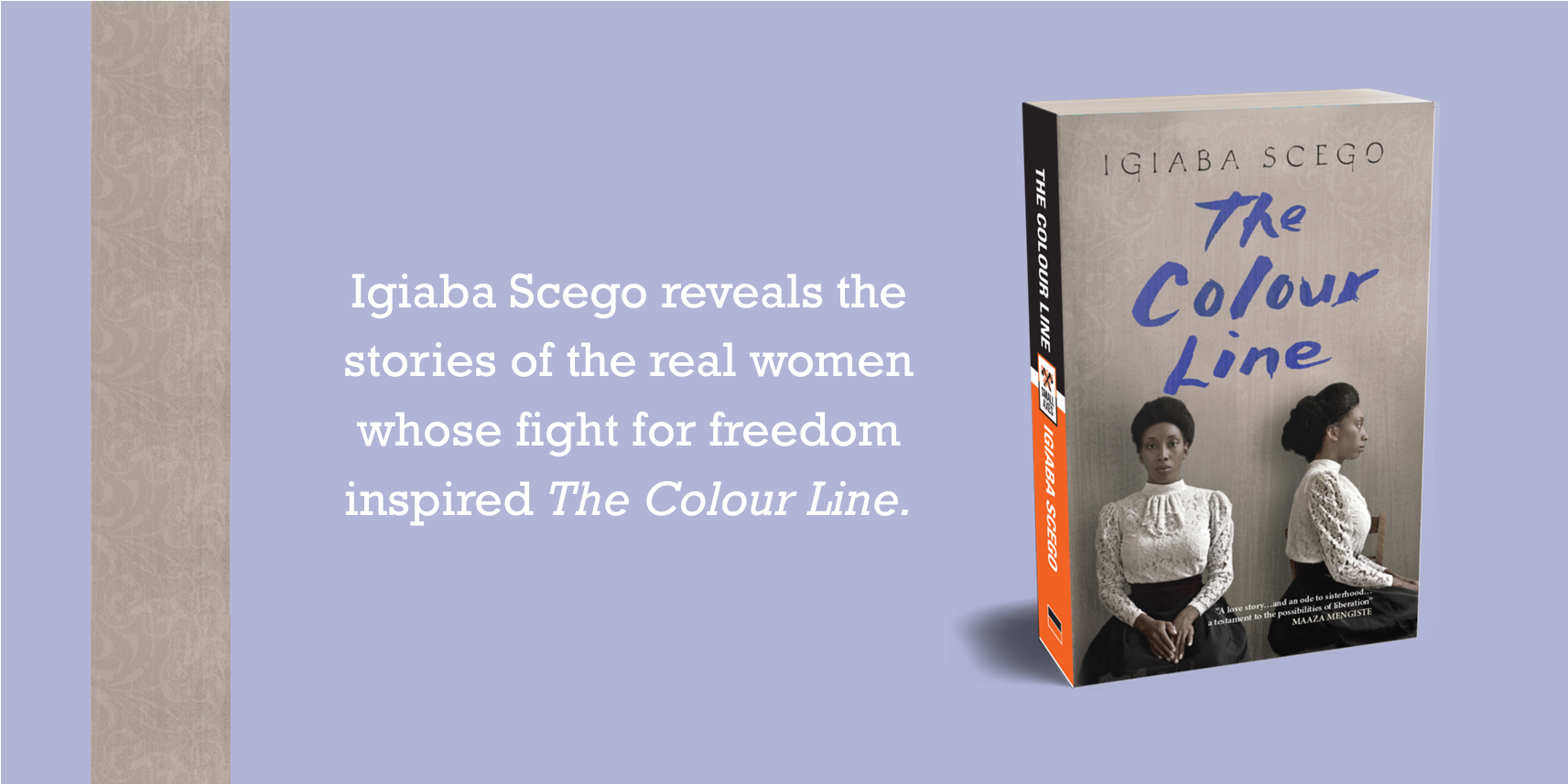
Salem, Massachusetts is the birthplace of illustrious figures, including writer Nathaniel Hawthorne. And for me the most important of these is Sarah Parker Remond, an obstetrician, human rights activist and feminist; a woman of great culture, a Black woman who sought freedom at a time when this was difficult for Black people (and for women), in the United States and elsewhere. Sarah was born in Salem and died in Rome on 13 December 1894, aged just 68, in a hospital that no longer exists, the Hospital of San Antonio.
I heard Sarah’s story from a friend. I never imagined that such a talented and headstrong woman could have lived in and so loved the city of my birth. A Black, feminist woman. I remember looking closely at her photograph. There was Sarah - though I didn’t yet know her name - in a Victorian-style dress, plain and high-necked. I don’t know why, but I had the impression this was a woman who could assert herself when necessary. My friend gave me a quick rundown of what she knew of Sarah’s story. Her parents were activists, free Blacks from Salem and at the forefront against racism; educated people, well-read and committed. For days on end, I imagined this woman, who left the United States first for England and then Italy, roaming free and delighted in the streets of nineteenth-century Rome. I saw myself reflected in her as if in a mirror. And so, like a bloodhound, I began to follow her trail through the city. My friend Cristina had told me Sarah was buried in the Protestant cemetery, and I began to find myself there with increasing frequency, seemingly by chance. There’s nothing left of her now, except a plaque. But just knowing her name was there among all the others filled me with joy. It was at the cemetery that I first wondered whether Sarah Parker Remond knew Edmonia Lewis.
She - Edmonia - was my other obsession. I’d read many books about her. Edmonia’s life was not a happy one… always short of money, growing tension with her patrons, the desire to take flight, Rome, financial hardship and, at last, success. Edmonia suffered greatly to make a name for herself, and she finally accomplished it. And when I saw the photo of Sarah, I asked myself whether these two free Black women had known each other in Rome, that brand new capital of the kingdom. And, in fact, their paths did cross. They met and they spoke together. When the well-known writer and activist Frederick Douglass visited Rome with his wife, they both met him. Edmonia was his official guide, and took the Douglass family walking through the streets of the city center. So even now the book’s finished, from time to time I dream of these three Black people - Edmonia, Sarah and Frederick - exploring Rome. Three Black Americans, three people whose determination changed the world, walking about the Eternal City. Happy and free.
But for these two women - and this should be furiously emphasized - Rome also had extra significance. In the United States, both had been subjected to intense aggression. Edmonia had been beaten (and according to some biographies, raped too - but we know nothing for certain about this) outside the boarding school she attended, and Sarah was thrown down the stairs in a theatre during a play she was keen to watch. The theatre was packed, and Sarah was punished - like an ante litteram Rosa Parks - because she refused to give up her seat for a white person. She wanted to stay seated: it was her right to do so, she had paid just like everyone else. So she did not move from her place.
When I found out that in the nineteenth century two women (Black women, what’s more) had chosen Italy as their place of freedom, I was so moved that my eyes literally filled with tears. Italy rhymed with welcome, dreams, opportunities, not hate. And these two women were travelers, Black women who journeyed across oceans (the same ocean that had seen so many Black people in shackles) and cities. Black women whose bodies had torched borders and prejudices. And it was inevitable that during the conception of the novel and its writing, I would think about what was happening in the present day in the Mediterranean, between Europe and Africa. People dying on boats or in Libyan detention camps, people denied visas, denied legal travel with a passport and a suitcase.
The idea of a Rome that allowed women to be free is the image that helped me to write this book. All the women in the story, to a greater or lesser extent, are struggling against a patriarchal system that’s crushing them. Love is impossible without freedom, my protagonists believe. And they get by as best they can. Some fight to love men, others to love women; others embrace a solitude that’s chosen.
Igiaba Scego
Rome, 2023